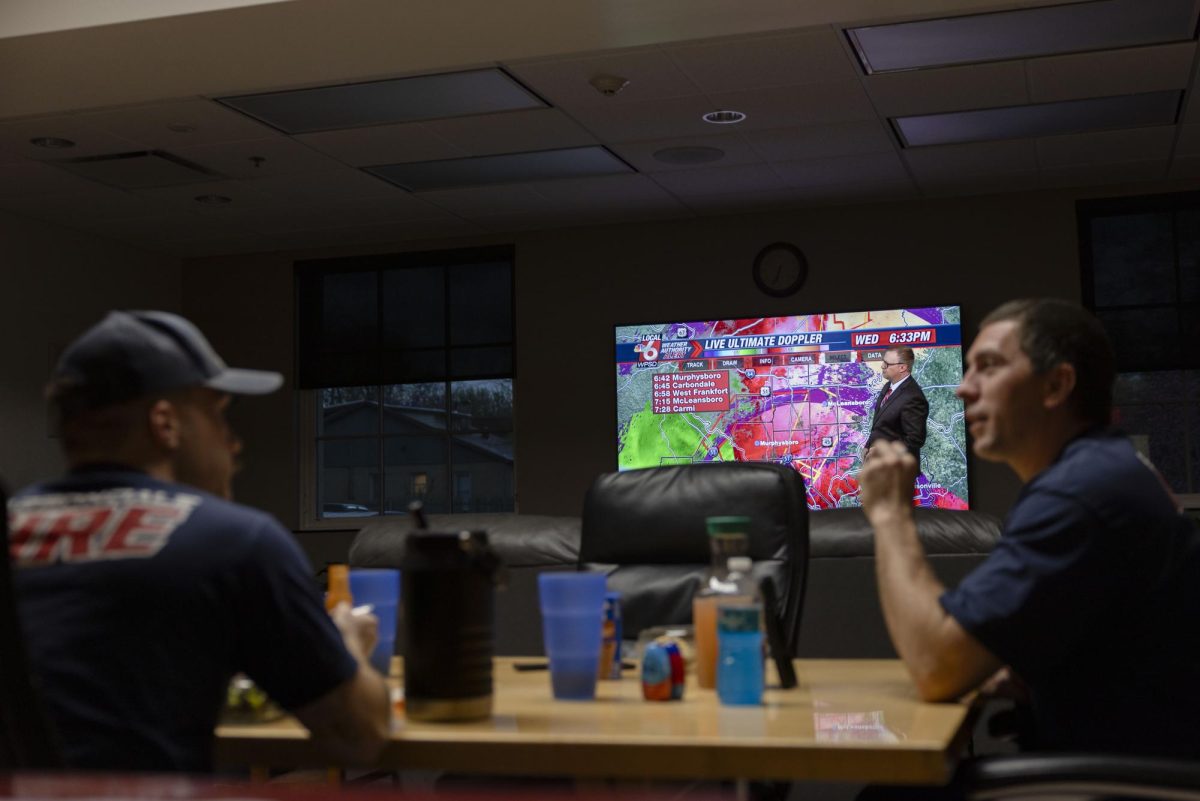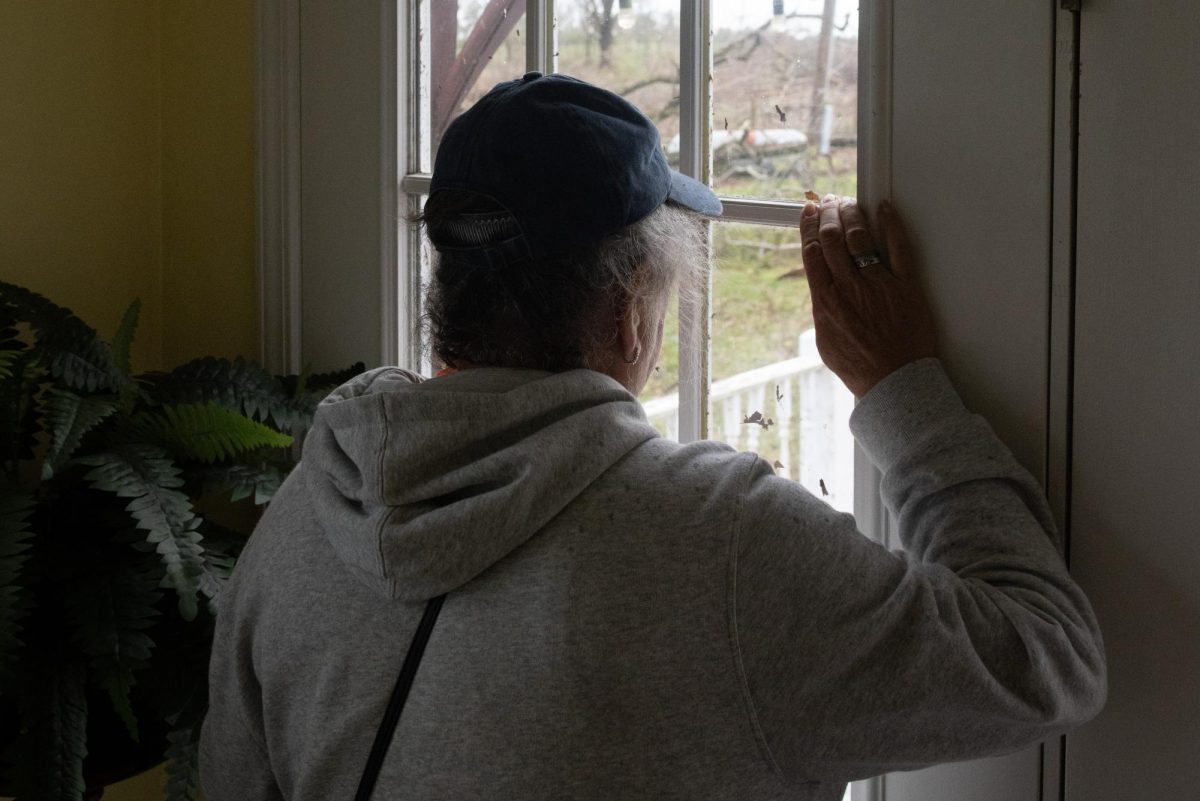Show turns back to standards
February 19, 2012
It’s taken a little while to become apparent, but NBC’s “The Voice” is one of the weirder contest shows out there.
The show is essentially “American Idol” with teams, coached by big-shot singers Cee Lo Green, Christina Aguilera, Adam Levine and Blake Shelton.
The teams are chosen during preliminary shows in which contestants sing to the coaches, who have their backs turned, presumably to eliminate image bias. Coaches can decide during the performance to choose the singer, and if multiple coaches do, they battle it out for the singers to be on their teams afterward.
Advertisement
The show unfolds for the most part as one would expect, with plenty of painfully hammy interactions between judges, at least one obviously set-up reunion between Aguilera and a former Mickey Mouse Club costar, and plenty of that bat-for-the-fences-on-every-single-goddamned-note style of singing made so popular by shows like this.
Sounds fairly routine at first, but the more you watch, the stranger it gets.
For one, it is not your traditional average up-from-nothing Joe or Joann success story. A lot of the people competing on the show are already professionals. They’re just not selling out stadiums.
For instance, Jesse Campbell, a contestant on the first episode this season, released an album on Capitol Records in the ‘90s. Yes, Capitol Records. According to Allmusic.com, it peaked at 53 on the R&B charts. OK, not a massive success, but still; it was 53rd, on Capitol Records.
Other contestants include backup singers for major artists, and of course, the aforementioned former Mickey Mouse Club star. We all know that show was some kind of crazy talent mill in the ‘90s, producing the likes of Britney Spears, Justin Timberlake, Ryan Gosling, Aguilera and quite a few other people successful enough to have Wikipedia pages.
As the show says, “The Voice” is different from other talent shows in that it starts with the cream of the crop. What they don’t say so explicitly is that a good number of those people are already fairly successful in the biz. Just not successful enough, presumably.
What this means for the show is there’s no mean-spirited “look at these freaks” early auditions a la “American Idol.” That’s nice, though the show has its own brutal ways far more subtle and strange than Simon Cowell’s sneering Britishness could ever hope to be.
Advertisement*
First, when singers don’t get picked, it’s far more painful than in “American Idol.” For one, they’ve already made it far enough that they’ve been deemed to have some talent, so it’s not just a spectacle of awfulness. They have non-delusional reason to believe they could make it.
So, it’s all the worse when not a single judge turns around during their performance. You want to see what Hell is for at least some people (aspiring singers, say)? It’s them singing their heart out to the back of Adam Levine’s head. Granted, singing to, or just seeing, his face would probably rank pretty high in most people’s (mine) lists of worst tortures, but these singers aren’t most people.
And as for the “blindness” of the show, I have some doubts. It seemed somewhat suspicious that the first person to be rejected outright was also the only, let’s say, non-traditionally attractive person on the show. To my ears he sounded just about like everyone else, but the judges complained of “pitch” problems. Well, as the coaches, isn’t that what you’re supposed to help them with?
In any case, the obligatory supportive post-failure talk between the contestant and the judges, during which the singer was assured he had a great future ahead of him, was, to say the least, a little undercut by the fact that his exit from the stage was accompanied by a song (the title eludes me) with the lyrics “The dream is dead.”
The subtlety of the show’s sense of judgment, along with the somewhat swept-under-the-rug fact that many of the contestants are already professionals make “The Voice” one of the intriguing, and weirder, shows to emerge in the recent explosion of contest shows.
Also, basically everything Ce Lo Green says is creepy. So it’s worth watching just for that, anyway.
Advertisement







